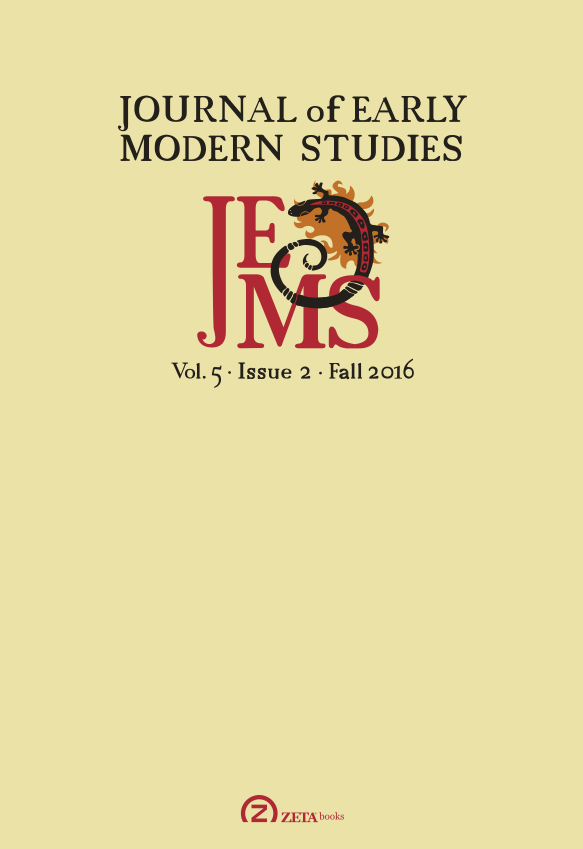Cartesian Privations: Material Causation in Pierre-Sylvain Régis’s Cartesian Account of Sin
Cartesian Privations: Material Causation in Pierre-Sylvain Régis’s Cartesian Account of Sin
Author(s): Joseph AndersonSubject(s): Philosophy, History of Philosophy, Early Modern Philosophy
Published by: Zeta Books
Keywords: theodicy; evil; Descartes; Suarez; Régis;
Summary/Abstract: Descartes’s very brief explanations of human responsibility for sin and divine innocence of sin include references to the idea that evil is a privation rather than a real thing. It is not obvious, though, that privation fits naturally in Descartes’s reductionistic metaphysics, nor is it clear precisely what role his privation doctrine plays in his theodicy. These issues are made clear by contrasting Descartes’s use of privations with that of Suarez, particularly in light of reoccurring objections to privation theory. These objections have no weight against Suarez’s use of privations, but Descartes’s mentions of privation are so few that it is not clear how his account avoids their consequences. Descartes’s brevity seems to have motivated some of his followers to develop creative accounts of the way in which privation fits in a Cartesian system. Pierre-Sylvain Régis accomplishes this task by reintroducing material causation. Régis holds that moral evil has no efficient cause since an efficient cause can only produce something real. Because he holds that moral evil can have a material cause, he is able to affirm that the soul is morally responsible for sin. In Régis’s case, accommodating this theological issue meant reincorporating Aristotelian resources into his Cartesian system.
Journal: Journal of Early Modern Studies
- Issue Year: 5/2016
- Issue No: 2
- Page Range: 81-100
- Page Count: 20
- Language: English
- Content File-PDF

